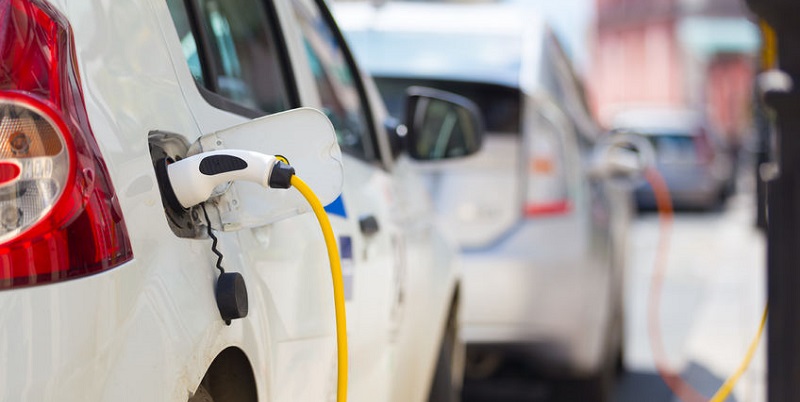Tech investors believe that by 2041, 50 to 60 percent of all cars sold will be electric. Could new technology spell the end for both auto accidents and the oil industry?
Emerging Tech May Prevent Auto Accidents While Offering Potential for Large Returns
Experts have debated about the future of oil and the impact that advanced technology will soon have on oil production, demand, and supply; electric cars and driverless vehicles have taken center stage in those conversations. As the technology becomes more accessible and cost-effective, the impact on the oil industry will rise.
Emerging Tech Constantly Shifts the Economics of Oil
Scientist, inventor, and entrepreneur, Seth Miller, recently argued in one of his blog posts that technology is about to unravel decades of economic dominance of oil companies.
He directly links that to “a combination of smartphone apps, long-life batteries, and simpler gearing. And as is always the case with new technology, the undoing will occur far faster than anyone thought possible.” Part of what he is referring to is the use of self-driving cars that are being tested in mass via the ride-sharing world, such as Uber and Lyft. As these cars become more efficient, the demand for oil will decrease.
Miller isn’t the only one linking this drop in oil demand to advanced technology; CNN op-ed columnists concur. Intel Corp. recently spent $15.3 billion to buy Mobileye, a company that produces advanced driving-assistance systems (ADAS). ADAS interact with drivers, both human and autonomous, to avoid auto accidents by either taking over control of the vehicle or sounding various alarms.
Not only is Mobileye working on autonomous vehicles, but the company is also collaborating with major car manufacturers, such as BMW, to make this technology a part of everyday driving. How confident is Intel that this purchase will pay off? According to some economists, the ADAS market could be valued at $40 billion by 2021.
Tesla and Competitors Affect Oil Demand
Most people have heard of Tesla, a company that developed cutting-edge battery technology and the electric powertrain. Once that technology was established, Tesla then designed the world’s first ever premium all-electric sedan. Known as the Model S, it became the best car in its class across every category. Combining safety, performance, and efficiency, Tesla also developed the longest range of any electric vehicle.
Tesla may be leading the way, but it is not the only electric vehicle, and according to recent news reports, competition is about to get tighter in the electric car market. Automakers Volkswagen, Ford, and Honda recently announced their plans to increase the production and sale of electric cars because investors believe by 2041, electric vehicles will account for 50 to 60 percent of all vehicle sales.
Human Error Still Makes Driving Dangerous
Technology has made driving safer. Manufacturers build advanced warning systems, automatic emergency braking, blind-spot warning, lane-departure warning, and forward-collision warning, into the framework of their vehicles. Regardless of how advanced this technology has become, Consumer Reports (CR) notes that automakers may be encouraging drivers to rely too heavily on technology safeguards. As much as technology has continued to improve driver safety, those behind the wheel need to keep their hands on the wheel and their eyes on the road to prevent auto accidents.
Fatal car crashes still occur at an astounding rate. According to the National Safety Council, an estimated 40,000 of them occurred in 2016. Although new and emerging technology continues to make our cars and streets safer, numbers reaching 40,000 haven’t been seen since 2007.

